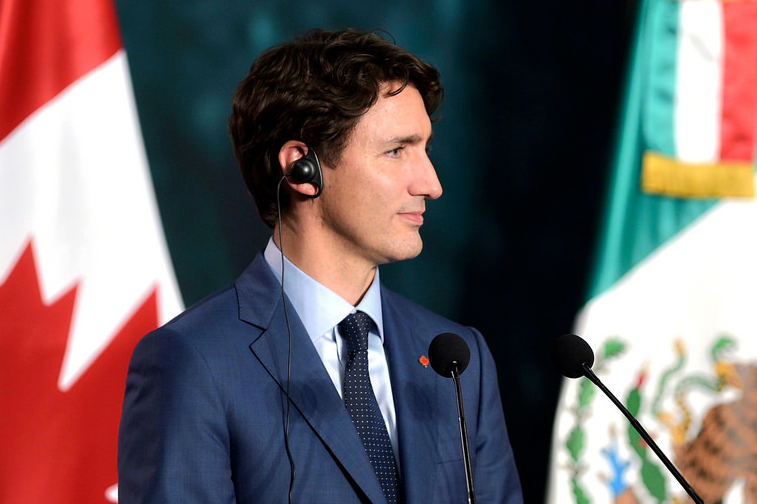Let’s talk about the Great Reset


While writing for our last issue of 2020, it’s needless for me to say that the world has been turned upside down in a matter of months.
From its origins as a worldwide health crisis, COVID-19 dominates the political stage, puts pressure on global economies, and has caused mixed emotions for everyone. From paranoia to complete dismissal, COVID-19 already has and will continue to leave its name in history textbooks.
Having said this, I’m sure many of us —, myself included —, feel that the pandemic has consumed most, if not all, aspects of our lives and we wish to disconnect from the larger world to avoid the continuous dialogue.
If you’ve managed to avoid the news and COVID-19 media thus far, you may not be able to much longer.
The latest discussions regard the proposal of “‘The Great Reset”,’ a proposal put forward by the World Economic Forum (WEF) to use the COVID-19 pandemic as “a unique window of opportunity” to rebuild a sustainable economy. While many details are unknown, this project aims to improve capitalism by making investments more geared towards the mutual progress of nations and focus on environmental initiatives that make sustainable ideas more profitable.
While the project was first proposed in May, political leaders like Canadian Prime Minister Justin Trudeau, U.S. president-elect Joe Biden, and U.K. Prime Minister Boris Johnson have announced their endorsement of the plan.
The WEF was founded in 1971 by German globalist, Klaus Schwab, headquartered in Geneva, Switzerland ais a not-for-profit foundation that is “independent, impartial and not tied to any special interests.” The WEF is committed to improving the world with the adoption of global governance and global wealth distribution, believing that capitalism is inequitable.
The recent interest in WEF collaboration has prompted the Great Reset to be called names such as a “socialist Left Marxist” initiative or a “global communist takeover plan.” However, a more appropriate name would be “a corporatist initiative.”
Corporatism is the notion that society should be organized by and for its large interest groups and intermediated by, and ultimately subordinate to, the state. Essentially, corporatism allows large corporations to dominate all aspects of society, not just the marketplace.
In the case of the Great Reset, there is a call for global stakeholders to work together to tackle the direct consequences of COVID-19.
However, this has set off alarms bells for international conspiracy beliefs that COVID-19 was a planned pandemic to serve a globalist agenda in which the global financial elites purposefully released the coronavirus to cause conditions that would force a restructuring of world governments.
The conspiracy alleges that the mission of the Great Reset is to take global economic control and instate a Marxist totalitarian regime that would abolish personal ownership and property rights, send the military into cities, impose a mandatory vaccine, and displace those who resist.
While the Great Reset conspiracy theory is far-fetched, there has been opposition towards the endorsements of this initiative by other politicians.
Pierre Poilievre, a current member of the Canadian Parliament launched an online petition to “Stop The Great Reset” after Trudeau endorsed the WEF initiative in September, tallying over tens of thousands of signatures. Poilievre believes that Trudeau should focus on getting people back to work in the current economic system and not “use the Canadian economy as a laboratory.”
Poilievre’s critics believe he is only adding oxygen to a baseless conspiracy theory; however, Poilievre is asking fundamental questions about what it means to “reset and reimagine” domestic and global economies, and what, exactly, this would mean for Canadians.
We’re living in a period of anxiety where many of us, myself included, do not know what to believe, regardless of how long we’ve already lived with COVID-19 restrictions and lockdowns.
While we may do our best to avoid these trending debates, we should value knowledge over ignorance. With that being said, we should take these discussions with a grain of salt, reflecting on these ideas in relation to our personal beliefs and logical reality.
The Great Reset could very well be in our future and we should begin to (mentally) prepare for all its outcomes.

